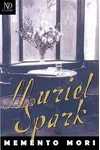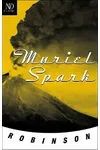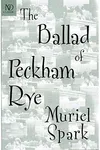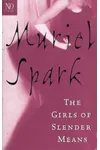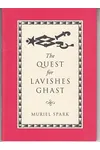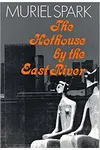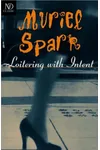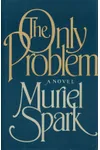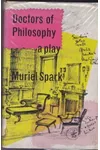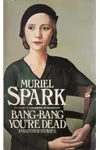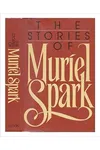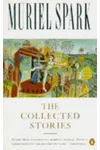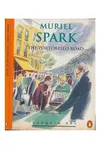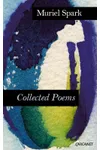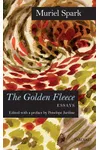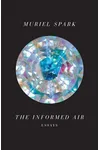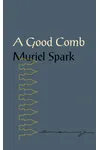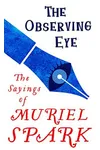Picture a Scottish storyteller who spun tales with razor-sharp wit and sly satire—meet Muriel Spark! Born in Edinburgh, this literary dynamo crafted novels, short stories, and plays that captivate readers with their incisive humor and keen observations. Best known for The Prime of Miss Jean Brodie, Spark’s unique voice made her a 20th-century icon whose work still sparkles today.
The Making of Muriel Spark
Muriel Sarah Spark was born on February 1, 1918, in Edinburgh, Scotland, to a Jewish father and an Anglican mother. Her early years in a vibrant, multicultural household shaped her sharp perspective. After attending James Gillespie’s School for Girls, which later inspired the setting of her most famous novel, Spark began writing poetry and worked as a secretary. Her literary career kicked off in the 1940s when she won a poetry competition, setting the stage for her prose brilliance.
Moving to London, Spark immersed herself in the literary scene, editing the Poetry Review and penning critical essays. Her conversion to Catholicism in 1954 deeply influenced her work, infusing it with moral and spiritual questions. By 1957, she published her first novel, The Comforters, launching a prolific career that would redefine modern fiction.
Muriel Spark’s Unforgettable Stories
Spark’s novels are compact yet profound, blending satire, psychological depth, and a touch of the surreal. The Prime of Miss Jean Brodie (1961) is her masterpiece, a tale of a charismatic Edinburgh schoolteacher whose influence over her students teeters between inspiration and manipulation. Its nonlinear storytelling and unforgettable protagonist cemented Spark’s global fame.
Other gems include Memento Mori (1959), a darkly funny exploration of aging and mortality, where elderly characters receive mysterious phone calls reminding them of death. The Girls of Slender Means (1963) captures the lives of young women in post-war London with poignant humor, while Loitering with Intent (1981) playfully blurs the line between fiction and reality. Spark’s style—crisp, economical, and laced with irony—makes her stories both accessible and thought-provoking.
Her themes often probe human nature, faith, and power dynamics, delivered with a mischievous wink. Whether exploring betrayal or identity, Spark’s work challenges readers to question appearances, earning her comparisons to writers like Evelyn Waugh and Graham Greene.
Why Muriel Spark Matters
Muriel Spark’s influence endures through her bold storytelling and genre-defying creativity. Her ability to blend humor with profound moral questions revolutionized the novel, inspiring writers to embrace concise yet impactful narratives. Her works, translated into numerous languages, remain staples in literary studies, while adaptations like the 1969 film of The Prime of Miss Jean Brodie introduced her to wider audiences.
As a Dame of the British Empire and recipient of awards like the James Tait Black Memorial Prize, Spark’s legacy is one of fearless originality. Her Edinburgh roots and global perspective continue to resonate, making her a beacon for readers and writers seeking stories that provoke and delight.
About Muriel Spark
- Born: February 1, 1918, Edinburgh, Scotland
- Key Works: The Prime of Miss Jean Brodie, Memento Mori, The Girls of Slender Means
- Awards: Dame Commander of the British Empire (1993), James Tait Black Memorial Prize
- Died: April 13, 2006, Tuscany, Italy
Ready to dive into Muriel Spark’s witty world? Grab The Prime of Miss Jean Brodie and discover why her stories still shine!

